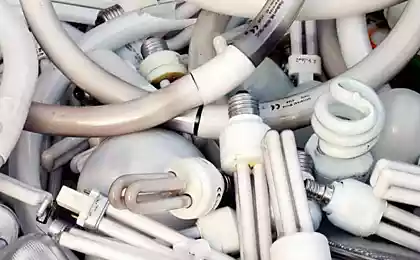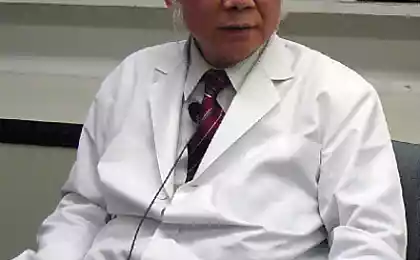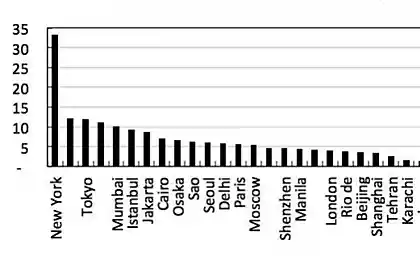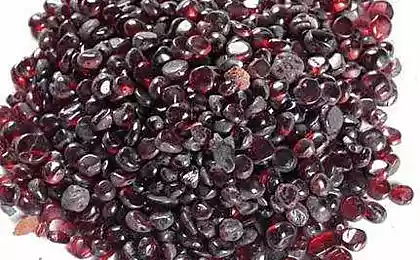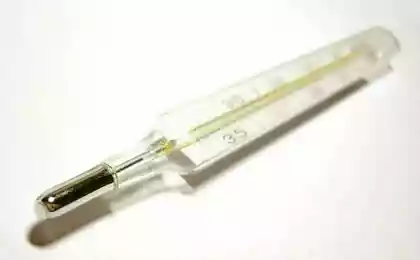527
Russia will abandon mercury
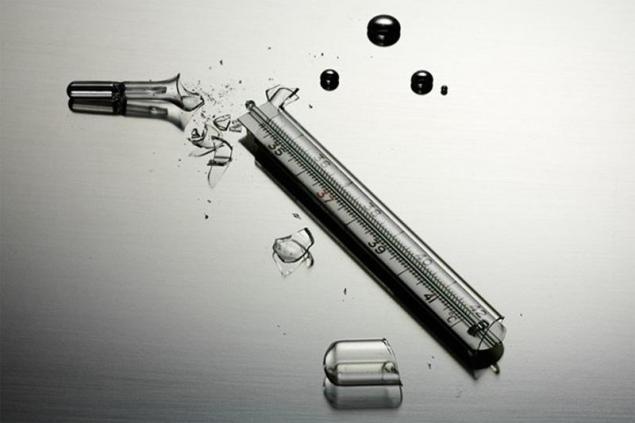
Today Russia will take part in ceremony of signing of the Minamata Convention on mercury, which will be held in new York. This means that by 2030, it is obliged to curtail production, sale and use of mercury-containing devices.
The Convention stipulates the phasing out of mercury, in particular cessation of production and withdrawal from sale of medical thermometers, batteries, batteries, devices for measuring pressure, barometers, fluorescent lamps, thermometers, some kinds of cosmetics. Today these products it is possible to produce new technologies or to replace the analogs without the mercury. In particular, for lighting, there are already led bulbs, the price of which every year becomes less. However while in Russia there are no restrictions on the use of mercury and cadmium in batteries. "Today in Russia there is no proper system for receiving mercury-containing wastes. Greenpeace are people from different regions who do not know where attributed to a broken thermometer or the spent electric energy saving lamp. It is extremely important to create a comprehensive system of reception of hazardous waste from the population in each city," commented Rashid Alimov, head of the toxic program projects Greenpeace.
Sources of mercury in the environment, as stated in the Convention, are also coal-fired power plants, metallurgical plants, cement factories and waste incineration. The latest evidence that the ratification of the Convention would abandon incineration in favor of separate collection.

Water patrols Greenpeace discovered in 2012 and 2013 in the Moscow river and Neva river high levels of mercury in water. So, in the effluent while decisions are being made and the Lyubertsy sewage treatment plants "Mosvodokanal" was discovered twenty-fold excess of the safe level of mercury. Recall that after the appeal of Greenpeace, the company was otstraivanie only 40 thousand roubles.
Once in the human body, mercury affects protein metabolism that damages the nervous system and kidneys, causes of mental disorders and the cardiovascular system. In addition, the high mercury content in the water helps to reduce fish waste and disruption of the process of oxygen production plants. Mercury also can accumulate in fish and may again get into human body with food.
The Convention got its name from the Japanese city of Minamata, where a high level of mercury contamination has led to serious health problems among the population. Years of mercury contamination resulting from wastewater from factories led to the death of two thousand people and severe poisoning more than ten thousand people. However, it should be noted that mercury is a toxic substance, having a very dangerous effect on humans. Greenpeace has a list of dangerous compounds, to be waived in the coming years. In the framework of the "detox" Greenpeace cooperates with the largest manufacturers of clothing, equipment and products, forcing them to eliminate dangerous substances from production.










